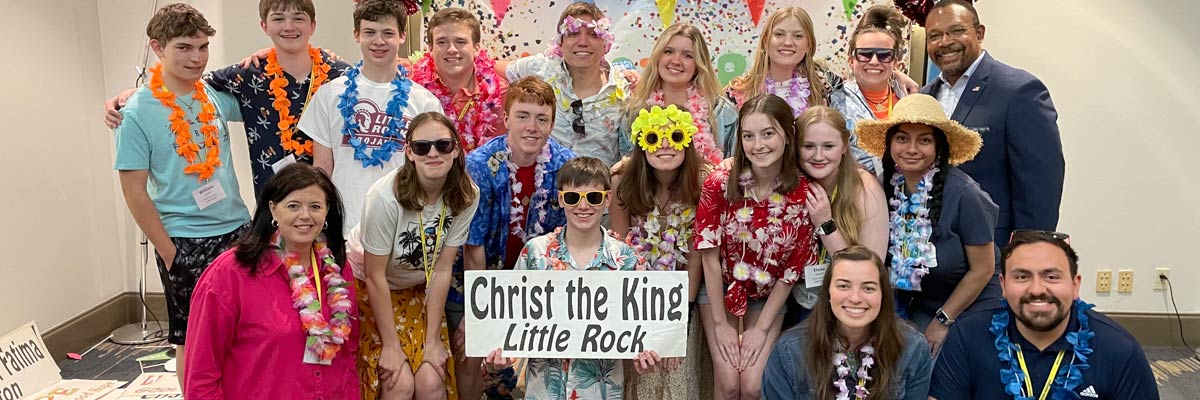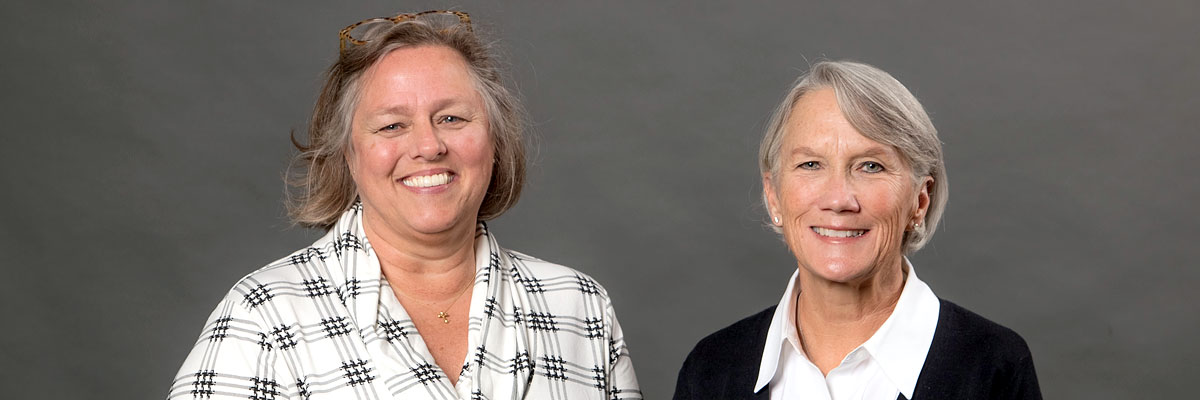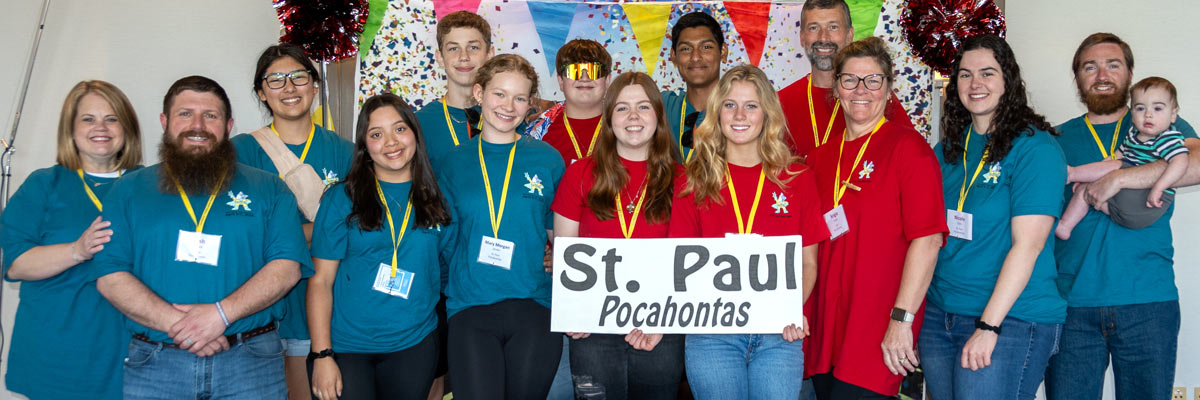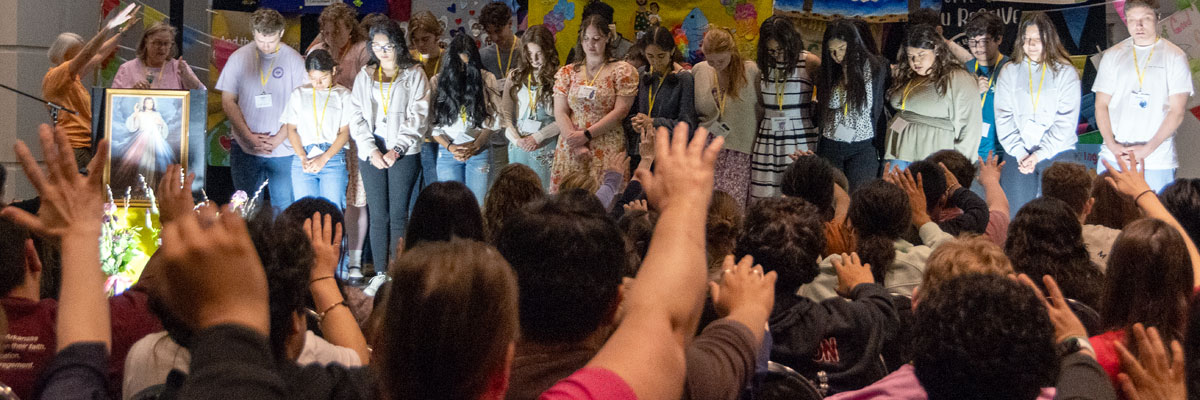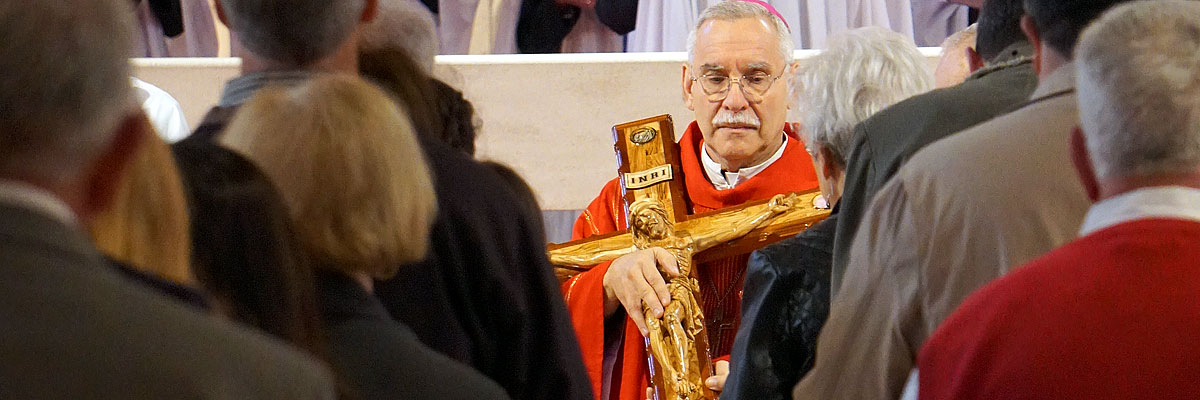Official Website of the
Catholic Diocese of Little Rock
God finds Moses in ordinary conditions
Published: February 9, 2013
This is the fifth column in a 14-part series
By Cackie Upchurch
Director of Little Rock Scripture Study
Many of us carry in our minds a picture of Moses that is more like the late Charlton Heston on screen than one molded from the biblical account found in Exodus. We are a people whose imaginations are sometimes more in tune with Hollywood than with the great story of salvation. Who is this Moses who takes center stage in the core story of the Old Testament? And why are the events surrounding him important to us in the 21st century?
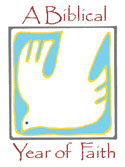 His birth and infancy occupy only 10 verses (Exodus 2:1-10). He was the child whose mother and older sister heard of Pharaoh's diabolical plans to kill the Hebrew children and craftily hid him in a basket floating along the banks of the Nile. He was the child who was further protected from harm by Pharaoh's daughter who lifted the child from the water and raised him in the royal courts of Egypt.
His birth and infancy occupy only 10 verses (Exodus 2:1-10). He was the child whose mother and older sister heard of Pharaoh's diabolical plans to kill the Hebrew children and craftily hid him in a basket floating along the banks of the Nile. He was the child who was further protected from harm by Pharaoh's daughter who lifted the child from the water and raised him in the royal courts of Egypt.
It is the adult Moses who draws our attention in this Year of Faith. The first scene of his adulthood (2:11-22) finds him murderously lashing out at a cruel slave master abusing one of the Hebrews. With the killing of the Egyptian slave master, Moses becomes a wanted man, on the run from the law and willing to settle in a foreign land for protection.
In the desert of Midian, he befriends a sheep-herding priest, marries one of his daughters and begins to settle into family life. Moses spends his days in the ordinary routine of tending a flock of sheep. He would have walked the desert with them looking for signs of water and areas of shade at the foot of rocky hills and mountains. He would never have expected a burning bush that would not be consumed or a divine encounter that would consume him!
Just before that famous scene, we read, "The Israelites groaned under their bondage and cried out, and from their bondage their cry for help went up to God. God heard their moaning and God was mindful of his covenant with Abraham, Isaac, and Jacob. God saw the Israelites, and God knew …" (2:23b-24).
This is the first we hear of any public outcry from those who are oppressed. In articulating their pain, they are in some small way acknowledging that they are powerless. At the same time, they are acknowledging that God can exercise power on their behalf. And indeed God does just that. Here is where we begin to see that the God of the burning bush, the God of Israel, is different from other presumed gods. Israel's God cannot be bribed for favors and is not impervious to human need. Israel's God, unlike Pharaoh himself, relieves suffering rather than adding to its depth.
The God of Israel "saw" and "knew" what they suffered. This divine knowing is not about gathering information; rather it is an intimate sharing in the experience of suffering. When we hear that God remembers the covenant, or is mindful of Israel, it does not mean that God had somehow forgotten them. God's seeing and knowing indicates to us that God is renewing with fervor the commitment to be with them. God uses their raw openness to begin to transform their situation and to transform them. And God uses an ordinary man, Moses, to begin this work.
Moses' encounter with the divine did not occur in a conventional way or in a predictable place. He was not journeying to a holy place seeking an encounter. He was doing something quite mundane, caring for sheep, and God came in search of him. Moses was not exceptional. But he was attentive, and open, and curious. He paid attention to his environment, saw a moment of opportunity and the ground where he stood became holy. It became holy because he met God there. It became holy because, after some hesitation — five objections in fact — he responded to God in that place with the Hebrew word, "Hineni" which means "Here I am" (3:4).
In this Year of Faith, we have the same opportunity Moses had. We can go about the routines of our lives, but do it with an attentiveness that helps us to recognize God's presence. We can be willing to put aside the routine when we are invited and even urged to do something out of the ordinary in response to God.
Study Questions
- What are some descriptive words that come to mind when you simply think of Moses?
- What experiences or knowledge of oppression help you to understand the importance of God's response to the Hebrew slaves (Exodus 2:23-24; 3:7-9)?
- How might Moses' early life experiences have influenced his initial response to God's command to go to Pharaoh and take the Hebrews out of Egypt (Exodus 3:7–4:18)?
- What can you do to become more attentive to the burning bushes that God may be putting in your path?
This article was originally published in Arkansas Catholic Feb. 9, 2013. Copyright Diocese of Little Rock. All rights reserved. This article may be copied or redistributed with acknowledgement and permission of the publisher.



